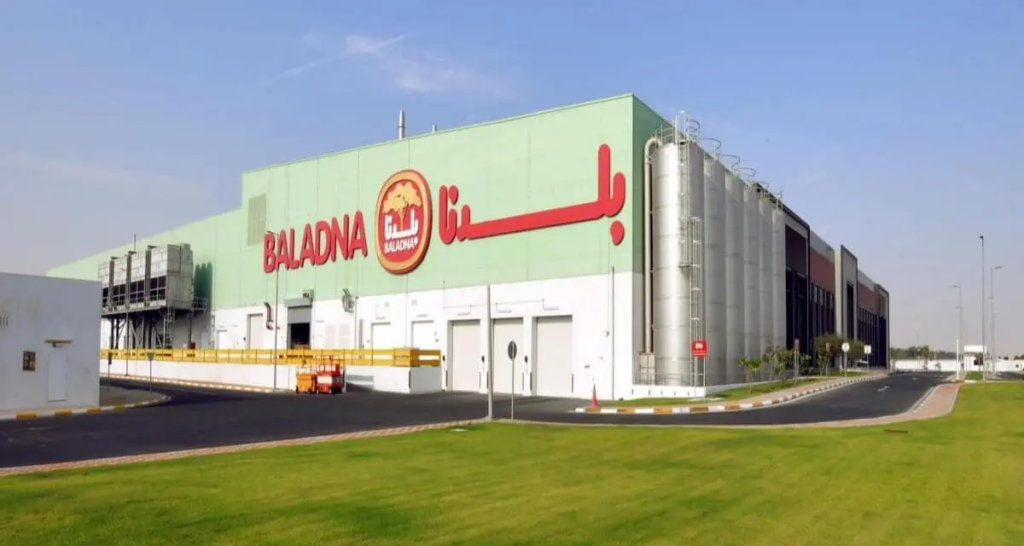Baladna, Qatar based agricultural company has entered into a US$3.5 billion agreement with the Algerian Ministry of Agriculture and Rural Development to develop the ‘world’s largest integrated dairy farming and production project’.
According to a filing on the Qatar Stock Exchange, the project will cover 117,000 hectares and will be segregated into three hubs, each comprising an arable farming operation, a dairy and beef farming operation, and a powdered milk manufacturing facility.
In addition, Baladna highlighted that the herd at the project will reach 270, 000 with a production capacity of 1.7 billion litres of milk yearly.
The company also added that it is aiming to meet 50% of Algeria’s demand for milk powdered milk and create 5,000 direct local jobs.
“It will also leverage modern technology and best management practices to enhance dairy farming efficiency, reduce production costs through economies of scale, and improve control over the entire value chain.”
“Baladna will hold a 51% share of the venture, with the remaining 49% held by the Algerian State through its National Investment Fund.”
On the other hand, the Algerian Agriculture Ministry added that the project will help in reducing Algerian imports of powdered milk and create jobs for its youth.
Milk is an important industry in Algeria, and the country has seen shortages of the product in recent years and as a result, the North African country heavily relies on powdered milk imports.
In 2022, according to data from the Observatory of Economic Complexity, Algeria imported US$1.62 billion of concentrated milk ranking as the world’s second-largest concentrated milk importer.
Data from USDA revealed that in 2022, Algeria’s milk powder imports increased and were forecast to keep the upward trend in 2023.
Meanwhile, the Government of Algeria’s (GOA) overall strategy to develop and improve domestic production and reduce imports for several sectors including dairy remains a priority.
In 2022, the Minister of Agriculture, Abdelhafid Henni estimated local fluid milk production at 2.5 billion liters per year, while domestic market needs for fresh milk were estimated at 4.5 billion liters per year.
Therefore, in the past two decades, the GOA has adopted various incentives to increase domestic milk production. There were several programs available to expand herd size and productivity including increasing access to artificial insemination, embryo transfer, and importing pregnant heifers and dairy cattle.
In addition, the GOA has been providing more than US$129 million in annual support for the local production of fresh milk. This amount of subsidy mainly includes subsidies for dairy cattle breeders US$0.088/l, milk collectors US$0.037/l and dairy processors US$0.029/l.
The dairy cow breeders receive a subsidy of US$444.44 for each new dairy cow birth while ensuring veterinary coverage and free vaccination against foot-and-mouth disease.
source/content: dailybusinessafrica.com (headline edited)
__________

_____________________
QATAR / ALGERIA